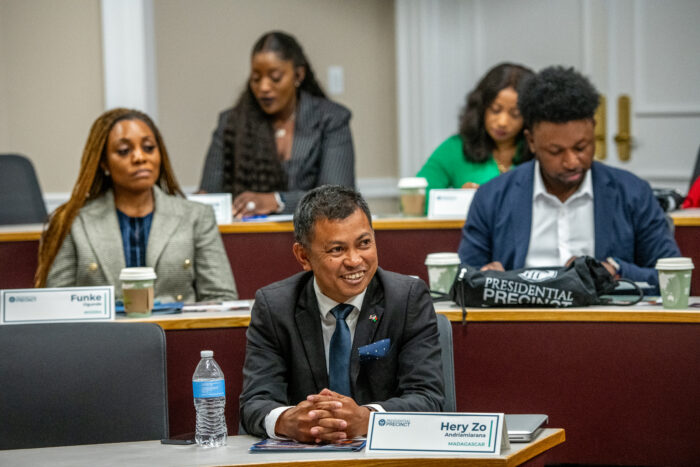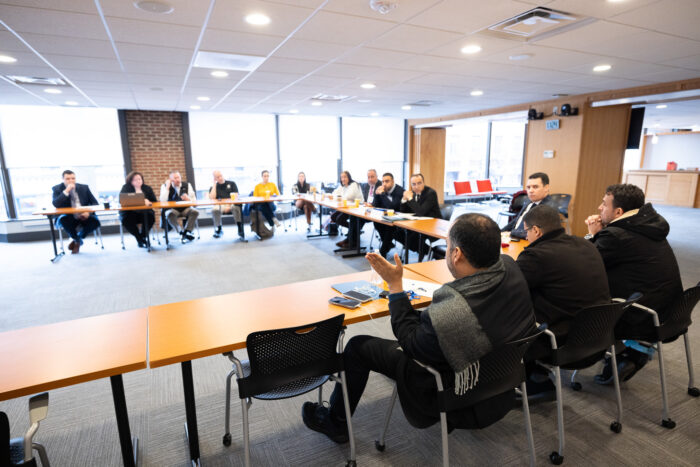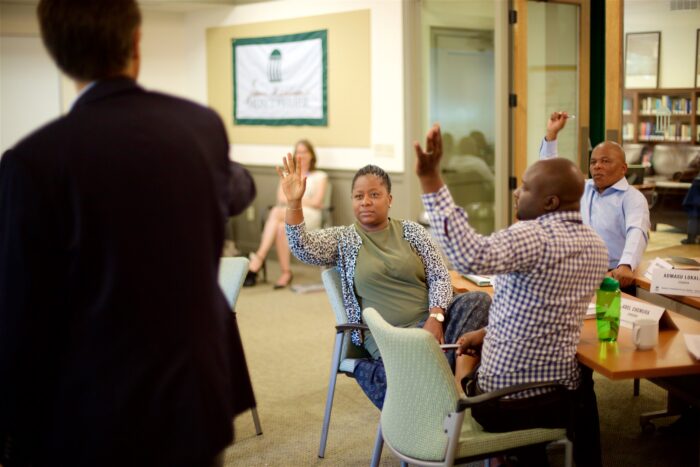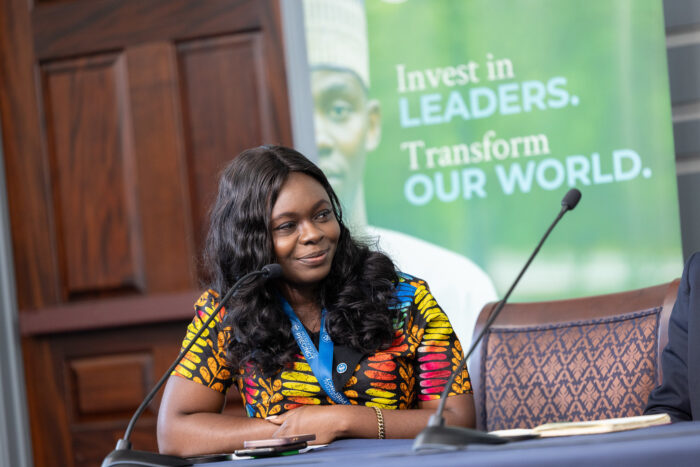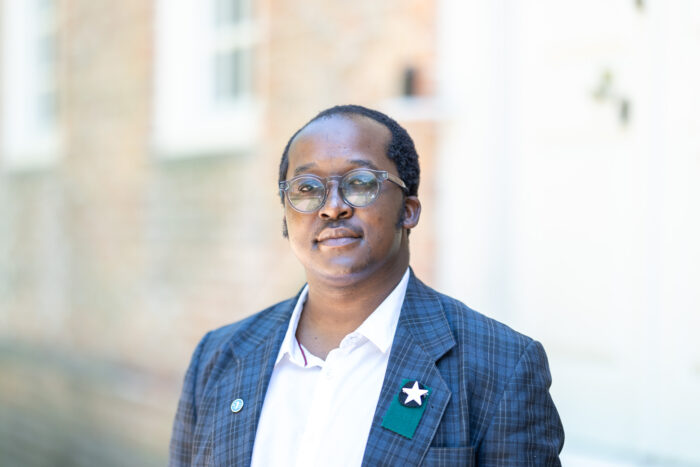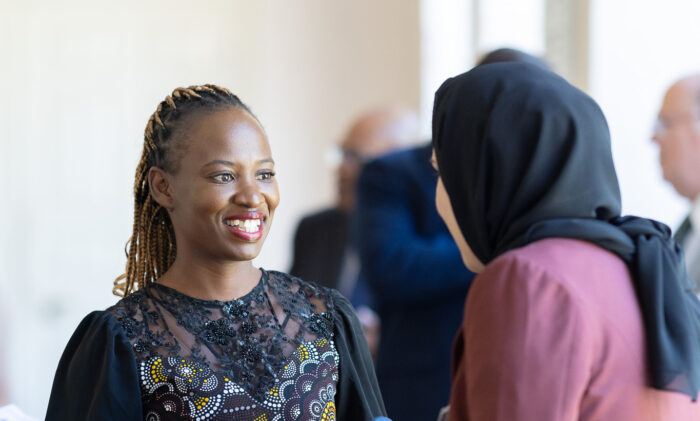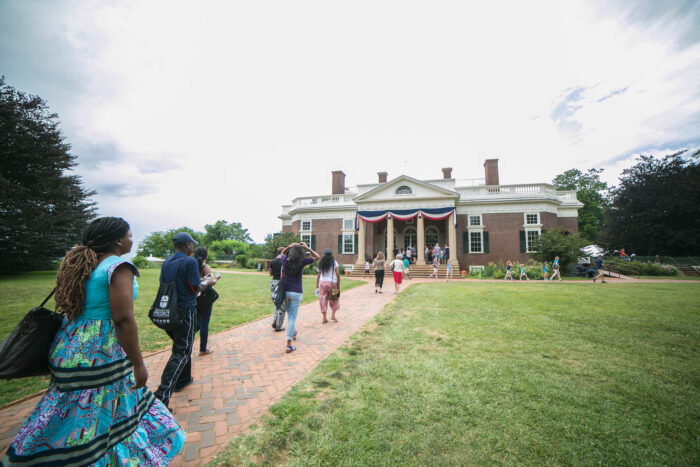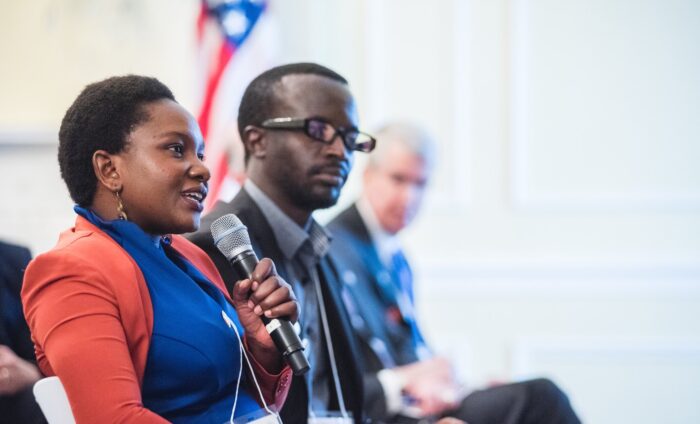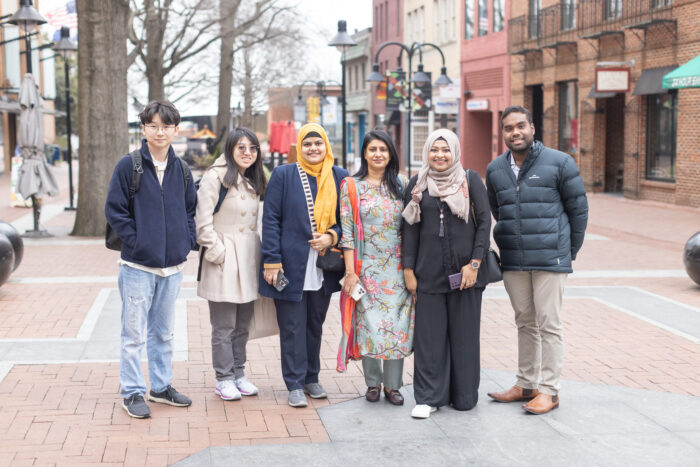VOA: Grim Fate Awaits Women, Girls Captured by Islamic State Group
Originally published by Voice of America.
The Islamic State militant group, also known as ISIS or ISIL, has captured hundreds of women and girls over the last few months. The very few who have been able to escape tell stories of rape, forced marriage, and sexual slavery.
This 15-year-old Yazidi girl was taken from Mount Sinjar in northern Iraq by Islamic State militants. Moved from prison to prison, she was forced to marry multiple fighters. She managed to escape by drugging her captors with narcotics found in their house. Now, she recalls the horror.
“I was sold in Syria. I stayed about five days with my two sisters. Then one of my sisters was sold and taken to Mosul and I remained in Syria,” she said.
She is one of hundreds of women and girls, mostly Yazidis,
The Islamic State has captured and then tortured, raped, sold into slavery, or forced to marry their fighters, according to United Nations and human rights groups.
Most of them are still being held.
A few have been able to call home, either because they were able to hide their phones or because their captors let them. They sound hopeless, says Baher Ali of the international charity AMAR Foundation.
“They ask them, ‘Please tell Iraqi authorities, please tell U.S. and other international community to bomb this place that we are living now. We want to die. We don’t want to live because we are dying already,'” said Ali.
Human Rights Watch recently published a report on forced marriage and conversion of Yazidis by the Islamic State.
Bill Frelick of HRW says the response from the Islamic State shows it is unapologetic, even proud.
“The ISIS came out on the same day saying, ‘No everything the Human Rights Watch is saying is entirely correct. This is true. And this is something that we are proud of having done.’ And that these are spoils of war. And they went on to explain how it is that they could commit these abuses which they don’t look upon as abuses at all,” said Frelick.
The University of Virginia, a parter of The Presidential Precinct recently held a conference on Islamic State violence against women. Activists from the field gave chilling accounts of human rights abuses.
They also emphasized that resources on the ground to help the victims have been stretched thin. And that international donors are not stepping forward.

